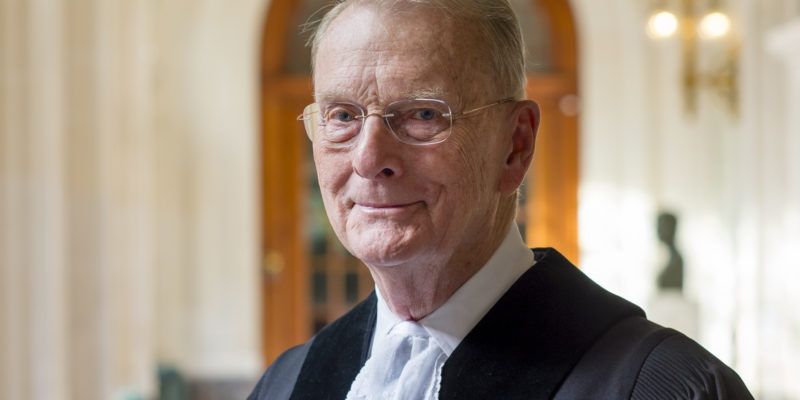Is There a Double Standard for the Enforcement of Foreign Arbitral Awards in the Czech Republic?
The United Nations Convention on the Recognition and Enforcement of Foreign Arbitral Awards (‘New York Convention’) stipulates in Article III that enforcement of foreign arbitral awards should not be subject to more onerous conditions, higher fees or charges than those that are imposed on enforcement of domestic arbitral awards. However, the Czech Supreme Court (‘CSC’)…

